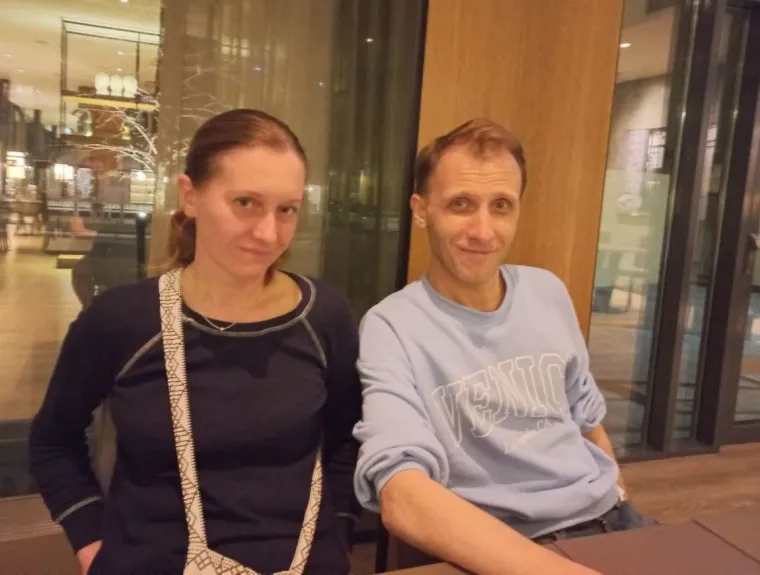Paris, March 23, 2022 — Russian authorities should stop harassing independent journalists and let all members of the press work freely, the Committee to Protect Journalists said Wednesday.
On March 5, officers with the Ministry of Internal Affairs’ Center for Combating Extremism and the OMON special riot police raided the office of Pskovskaya Guberniya, an independent newspaper in the western region of Pskov, according to news reports and posts on the outlet’s Telegram channel.
Separately, on March 18, law enforcement officers also searched the homes of Pskovskaya Guberniya chief editor Denis Kamalyagin and journalist Viktor Agafonov, as well as Pskov-based journalist Svetlana Prokopyeva, according to news reports, a police document posted online by human rights lawyer Pavel Chikov, and Kamalyagin, who spoke to CPJ via messaging app.
“Russian authorities’ harassment of journalists in Pskov is a blatant effort to stifle their reporting,” said Gulnoza Said, CPJ’s Europe and Central Asia program coordinator, in New York. “Authorities must cease fabricating cases aimed at hindering the work of media outlets, which are essential to keeping independent regional journalism alive.”
The March 5 raid was conducted as part of an investigation into the liberal opposition Yabloko political party in Pskov, which shares an office building with Pskovskaya Guberniya, after an anonymous woman filed a complaint alleging that the party had violated new legislation barring actions that are “discrediting” to the military, according to news reports and a post on Telegram by the party’s regional head, Lev Shlosberg. Officers also raided the party’s headquarters that day, Shlosberg wrote.
Shlosberg’s post states that the anonymous woman alleged that the Yabloko party was connected to anti-war email she received, and that the woman named Kamalyagin as one of the party’s heads. Kamalyagin told CPJ that he was not affiliated with that party.
During that raid, officers seized computers and journalists’ phones, and later that day authorities blocked the outlet’s website, according to additional news reports and Telegram posts. The following day, Pskovskaya Guberniya announced that it was suspending activity because it was impossible to work without technical equipment.
The March 18 raids on Kamalyagin, Agafonov, and Prokopyeva’s homes were conducted as part of an unrelated defamation investigation stemming from a post in an anonymous Telegram channel criticizing statements by Pskov Governor Mikhail Vedernikov about Russian soldiers killed in Ukraine, according to news reports.
Kamalyagin told CPJ that he and Prokopyeva were identified as witnesses in the defamation case. He told the independent outlet Mediazona that he believed the case was authorities’ attempt to “find a reason” to search independent journalists’ homes.
In that interview, Prokopyeva, a reporter at the U.S. Congress-funded broadcaster RFE/RL’s project Sever.Realii and 2020 recipient of CPJ’s International Press Freedom Award, also said that she was not responsible for the anonymous Telegram post.
She also said that police handcuffed her and threw her to the floor during the search, and then seized her phone, e-reader, modem, and her husband’s laptop.
Authorities also searched Kamalyagin’s parents’ home on March 18, and raided a total of seven locations that day, according to a press release issued by the Yabloko party.
Prokopyeva and Kamalyagin have fled Russia and are in Riga, Latvia; Pskovskaya Guberniya journalists Maksim Bartylev and Pavel Dmitriyev are planning to leave the country soon, Kamalyagin told CPJ. According to Pskovskaya Guberniya, Kamalyagin left Russia the day before the search.
On Monday, a Pskov court ruled that the searches of Kamalyagin and Prokopyeva’s homes were “lawful and justified,” according to reports.
CPJ called the Pskov prosecutor’s office and the Investigative Department of the Ministry of Internal Affairs in the Pskov region, but no one answered.
[Editors’ note: This article has been changed in its tenth paragrah to correct the name of Prokopyeva’s outlet.]
